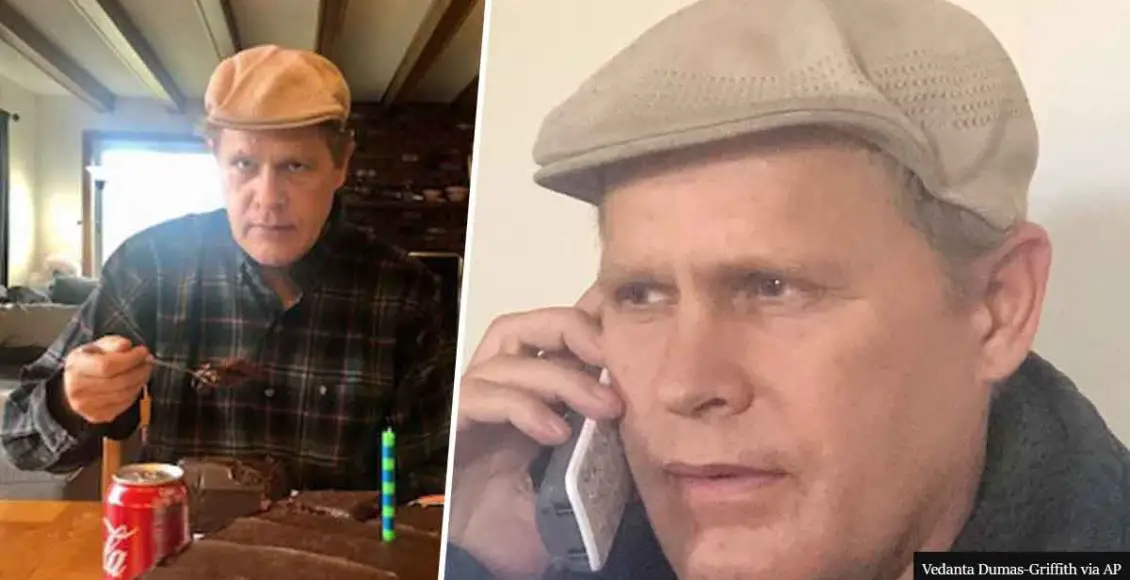“No one believed Mr. Spriestersbach.” – Officials put the wrong man in a mental institution for more than two years.
- Joshua Spriestersbach spent nearly 3 years in a mental facility because officials believed they had caught someone else.
- The man police were after was Thomas Castleberry, who had an arrest warrant for violating probation in a 2006 drug case.
- The Hawaii Innocent Project claims all doctors, judges, public defenders, and prosecutors “failed Spriestersbach.” by locking him away for a crime he never committed.
In May 2017, Joshua Spriestersbach was arrested and put in a mental facility for two years and eight months. The incident happened shortly after the man fell asleep while waiting for food outside a Honolulu homeless shelter.
When Spriestersbach woke up, he was already cuffed. Although he thought cops were detaining him for violating the city’s ban on lying down in public places, he was actually being arrested for allegedly violating probation in a 2006 drug case – a crime he did not commit.
As The Washington Post reveals, officers believed Joshua was a man named Thomas Castleberry, who had an arrest warrant for the 2006 violation.
According to the Hawaii Innocence Project, authorities “failed Spriestersbach.”

A 36-page HIP petition disclosed that doctors pumped Spriesterbach with powerful psychiatric drugs, judges ruled he was unfit to stand trial, and his own attorneys ignored him when he told him they got the wrong man. In the document, lawyer Jennifer Brown states:
“[Authorities] failed Spriestersbach — and their failure to do their jobs cost Mr. Spriestersbach almost three years of his life — incarcerated for a crime he never committed by a person … he never knew.”
Innocence Project co-director Kenneth Lawson commented:
“Every aspect of our justice system played a role in this miscarriage of justice.”
The HIP insists there were many opportunities for officials to find out they were after the wrong person.
First, at the time of his arrest, Spriestersbach didn’t have an ID, but he gave the cops his full name, date of birth, and Social Security number. When officers took him to the police stations, his fingerprints and photo were taken – generating information that he was not Castleberry. However, they were not taken into consideration when Joshua went to court.
At a trial in June 2017, Spriestersbach told the same personal details to the public defender. He also noted that he was not in Oahu in 2006, when the crime he was accused of occurred. His alibi was that at the time, he was being treated at a mental health clinic more than 150 miles away on the Big Island.
However, instead of analyzing this information, the public defender requested that a three-judge panel evaluate Spriestersbach’s mental state. The man was then taken to Hawaii State Hospital, where he also tried to convince doctors he was not Castleberry, but no one listened.
Attorney Brown said:
“No one believed Mr. Spriestersbach, and they continued to call him Mr. Castleberry.”
When Spriestersbach was at the hospital, he was forced to attend group sessions for drug users because of Castleberry’s crime.
At the times when he tried to speak out in order to prove he was not the man they believed he was, medical workers treated him as “problematic” and stuffed him with antipsychotic medications in “heavy doses.”

Brown explained:
“The more Mr. Spriestersbach vocalized his innocence by asserting that he is not Mr. Castleberry, the more he was declared delusional and psychotic by the [hospital] staff and doctors and heavily medicated.”
The torture continued until January 2, 2020, when one of the doctors had a change of heart and found out Spriestersbach was indeed telling the truth. Further investigation revealed that Joshua’s fingerprints did not match with those of Castleberry, proving they got the wrong man almost three years prior.
The unfortunate man was finally freed from the mental institution on January 17, 2020.
Following his release, Spriestersbach reconnected with his sister and went on living with her in Vermont. Speaking to Associated Press, Vedanta Dumas-Griffith said she has been looking for her brother for 16 years. Back in 2003, the siblings moved to Hawaii, while Vedanta’s husband was in the Army and stationed on Oahu. Not long after, while her brother was dealing with mental health issues, he moved to the Big Island and she never heard of him until his hospital release last year.
In a sworn court statement, Spriestersbach’s sister said she reached out to a local doctor shortly after her brother moved in with her. The healthcare worker concluded that the amount of psychiatric medications he was on was “well beyond therapeutic levels, which is why he was acting catatonic and his expressions vacant.”
The doctor added:
“[Spriestersbach was prescribed powerful drugs] in an effort to make him ‘competent’ when in reality he had always been competent.”
Spriestersbach now refuses to leave his sister’s property, as he fears “they’re going to take him again.”


